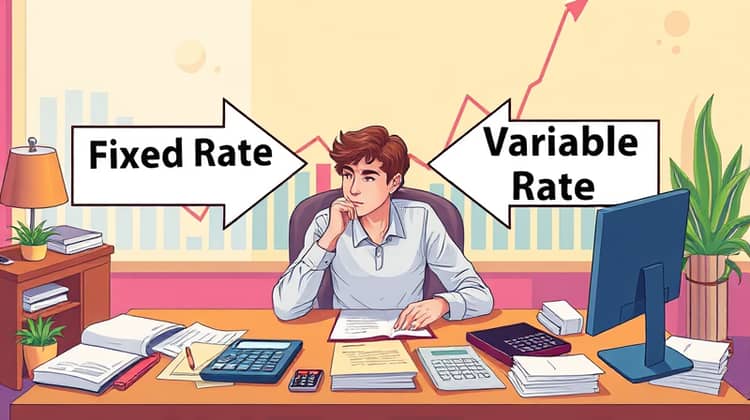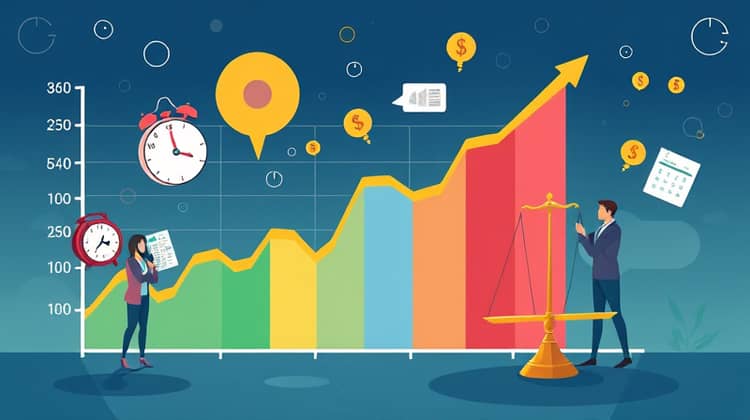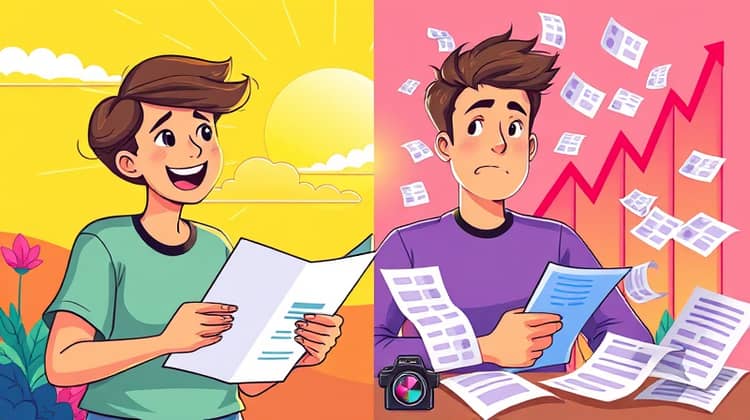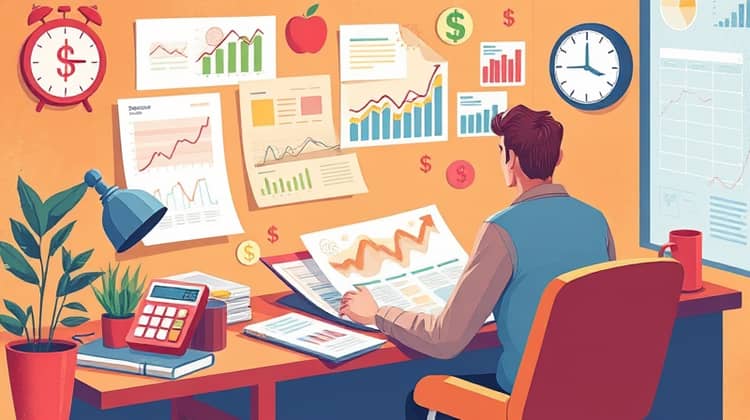Fixed vs. Variable Loan Rates: Which is Right for You?

Choosing between fixed and variable loan rates can be a crucial decision for anyone considering a loan. Understanding the differences between these two types of rates is essential to making an informed choice that aligns with your financial goals.
In this article, we will explore the characteristics of fixed and variable loan rates, their respective pros and cons, and the factors to consider when making your decision. Whether you are buying a home, financing education, or securing a personal loan, this guide will help clarify your options.
Understanding Loan Rates

Loan rates are a key factor in determining the total cost of borrowing. They dictate how much interest you will pay on a loan over time. Understanding how these rates work can help you choose the most suitable option for your financial situation.
When looking at loan rates, borrowers are typically faced with two primary choices: fixed and variable rates. Each comes with its advantages and disadvantages, which can greatly affect your repayment phase.
Fixed Loan Rates

Fixed loan rates remain constant throughout the life of the loan. This means your monthly payments will not fluctuate, offering stability and predictability in budgeting.
- Consistent monthly payments
- Protection against interest rate increases
- Easier long-term financial planning
- Ideal for long-term loans
While fixed rates provide security, they may also offer less flexibility compared to variable rates, especially in a declining interest rate environment.
Variable Loan Rates

Variable loan rates, on the other hand, can fluctuate based on market conditions. These changes may lead to lower initial payments but also come with the risk of increased payments over time.
- Potentially lower initial rates
- Savings if rates decrease
- Flexibility in certain market conditions
- May be beneficial for short-term loans
However, the unpredictable nature of variable rates can be daunting for many borrowers, leading to uncertainty in their financial commitments.
Pros and Cons of Fixed Loan Rates

Fixed loan rates offer many benefits, chief among them being the peace of mind that comes from knowing your payment won't change. This makes them a popular choice for those who plan to stay in their homes for many years or prefer stable budgeting.
However, the fixed nature of these loans can also mean paying more interest in certain situations, particularly if market rates drop significantly after you've locked in your rate. It’s essential to weigh these factors before making a decision.
- Stability in monthly payments
- Easier to budget for fixed expenses
- Protection against market fluctuations
- Less risk of payment surprises
Overall, fixed loan rates are a solid choice for those prioritizing security over flexibility in their loan agreements.
Pros and Cons of Variable Loan Rates

Variable loan rates have their appeal, particularly in the potential for lower interest payments if rates decrease. This can lead to significant savings, particularly in the early stages of the loan.
On the downside, the unpredictability of variable rates can make budgeting challenging, as payments may rise if market rates increase. This risk means variable loans are often better suited for borrowers with short-term financing needs or those who can tolerate fluctuations.
- Potential for lower overall interest payments
- Flexibility to benefit from decreasing rates
- Good for short-term loans
- Possibility of refinancing to a fixed rate
The key takeaway is that while variable rates can provide savings and flexibility, they also carry risks that should not be overlooked.
Factors to Consider

When deciding between fixed and variable loan rates, it's crucial to consider your financial circumstances and goals. Every individual's situation is unique, making personal evaluation essential.
- Current economic conditions
- Expected future interest rate trends
- Your financial stability and risk tolerance
- Loan duration and purpose
Taking the time to analyze these factors can help you choose the right type of loan rate that aligns with your long-term financial strategies.
Making the Right Choice

Ultimately, the decision between fixed and variable loan rates boils down to your personal preferences and financial situation. Ask yourself questions about your comfort level with risk, how long you expect to maintain the loan, and how interest rates are trending.
Consulting with a financial advisor can also be beneficial in this process, as they can provide personalized insights based on your overall financial profile.
Conclusion

In conclusion, both fixed and variable loan rates have distinct advantages and disadvantages. It's essential to weigh these factors carefully to determine which option best serves your financial needs.
Whether you choose a fixed or variable rate loan, being informed and considering all aspects will empower you to make a decision that helps you achieve your financial goals.






